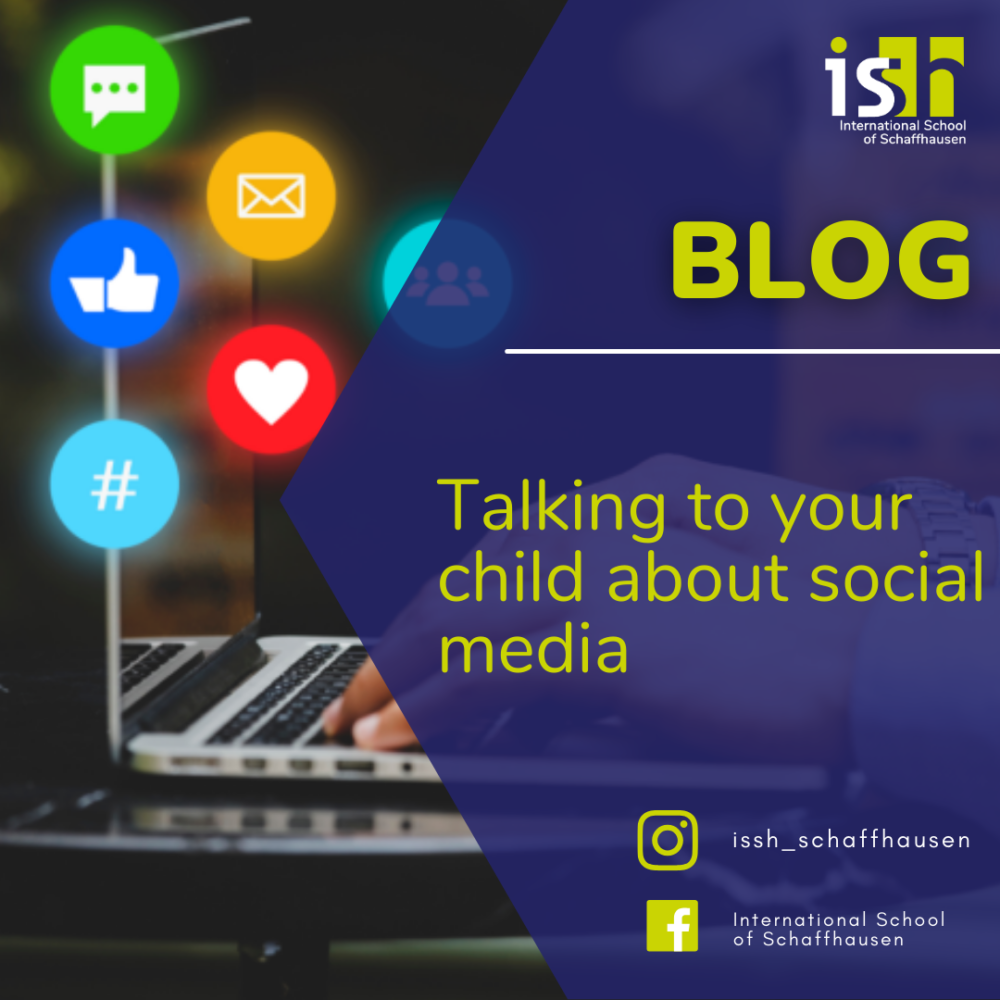Throughout a student’s school career, there are key transition times where they move from one department to another. Although we are one community and the students are well prepared, this is nevertheless a big step in a student’s mind. Here we talk about what you can expect at each of these transitions and how you can support your child.
From home to Childcare (ISCC)
When children first join our youngest department, this will be their first experience of being away from home for a significant amount of time. In order to support this transition, the settling in takes place over a number of days and takes into account each family’s needs. You can support your child by ensuring that they are used to being fed by a bottle and, where possible, should have had some kind of contact with others apart from their parents, either with relatives or as part of a playgroup or organised group activity. It is also helpful to ensure that you will not be on vacation close to the settling in, to give your child the chance to become familiar with the routine and setting.
From Childcare (ISCC) to Early Learning Centre (ELC)
Students will have a number of playdates in the ELC, accompanied by one the staff from ISCC to allow them to explore their new environment with someone familiar to them. Talking about the transition at home will support the students to be excited for the change and it can help to prepare them with a new bottle, slippers or backpack for their new classroom. It may take a little longer in the first few weeks at drop off time while they become more confident with the change. Therefore, try and allow a little extra time to support them in the morning routine of signing in, preparing their things on their peg and joining their class.
From Early Learning Centre (ELC) to Grade 1 (Primary)
The step from ELC to Grade 1 is the child’s first experience of Primary school. Whilst we do have transition days, activities that involve the ELC children and classes that visit the students, this is a big transition.
First of all, expect the students to be very tired at the end of the school day. Every individual will deal with this differently and it also has to work for your family. Some will need some time outside, others a quiet activity inside. Sometimes a snack right at the end of the day can help or a chance to help with something at home.
They are encouraged to be more independent in Primary and therefore take responsibility for their belongings. You can practise this at home and ensure that they have a bag that can fit all of their things inside to make it easier for them.
It is also important to be aware that there may also be new friendships and conflicts emerge as the students all find their way within the classroom and new school setting. Talk to your children about this, ask who they choose to play with and what happened during the day. They may be too tired to do this straight after school. Try asking later in the day and using questions that are more open so that they cannot just answer yes or no.
From Primary to Grade 6
The biggest part of this transition is going from being the eldest to the youngest. The students quickly realise this in the first few days and it can be daunting when they first enter the Secondary building with the older students also wandering around the halls. Talk to your child about this so that they are prepared.
It will take a few weeks to be able to remember, understand and follow the timetable. Although they are used to having a number of teachers, they have not had to make as many transitions between rooms. They also need to ensure that they have the correct equipment and books for the correct lessons. Have a copy of the timetable printed at home and one in their bag where they can locate it easily. Ensure that they have a pencil case with stationery that they will need and a comfortable bag. They will also need to begin to use their locker so that they do not need to carry everything with them at all times.
They will also need to become familiar with Managebac as this is used for all communication with parents and students in Secondary. There are also workshops available for parents at the start of the year so that you can become familiar with this platform.
This juncture in a student’s education marks a pivotal moment where choices regarding future studies come into play. To aid in this decision-making process, we offer information workshops for parents, typically scheduled toward the conclusion of Grade 8. Engaging in early conversations with your child about their interests during Grade 8 and exploring the reasons behind their preferred options can be instrumental in providing valuable support for their decision-making process. Your guidance and discussions with your child can play a significant role in shaping their educational path. The Pre-Diploma is designed for Grade 9 and 10 students. It empowers students to exercise their autonomy by selecting three subjects aligned with their individual interests, in addition to their core and mandatory skills subjects. This careful selection of electives not only enriches students’ educational experiences but also fosters a well-rounded approach to learning, encouraging them to take ownership of their academic journey.
The Diploma Programme in grades 11 and 12
When the students reach the Diploma Programme, the significant change is the pressure that your child will feel as they know that they are now reaching the end of their school career. There will be many deadlines, mock exams as well as the final exams to prepare for during these years of study. It is also the time where they will need to be preparing for their further education which may include visiting universities and interviews. As a parent you can support your child by first of all ensuring that they are organised. Having a list of deadlines, exams and visits planned is useful to help them to manage their time. When it comes to exam preparation, ensure that they have a comfortable space where they can work without being disturbed and help them to plan breaks with dinner and snacks. Also, be mindful that during the holidays the students will probably have work to do, so if you have a vacation planned you may need to allow time for them to do this.
There are many opportunities throughout the year for you to speak to both staff and other parents about these transitions including parent teacher conferences, coffee mornings with the Principals, PA coffee mornings and Family Hub workshops.





